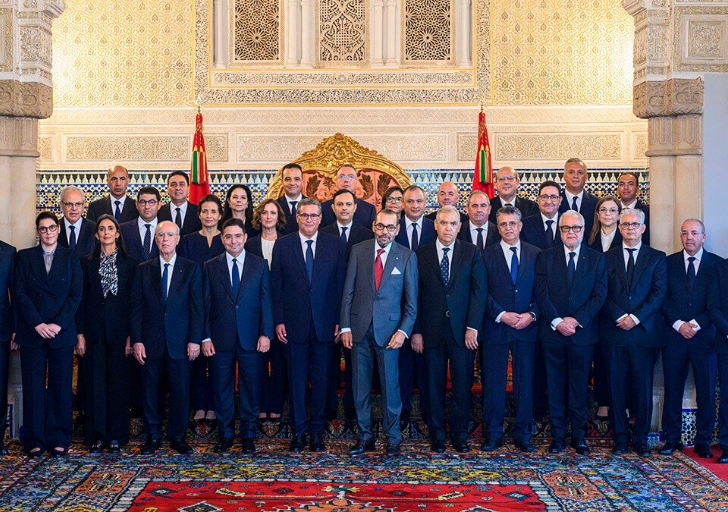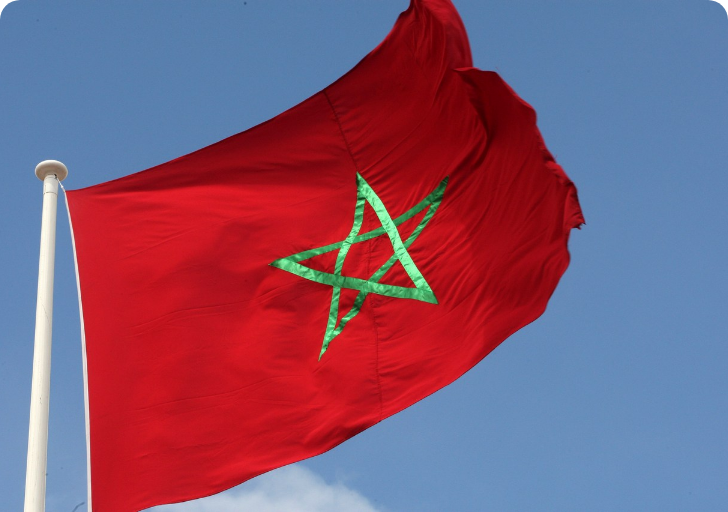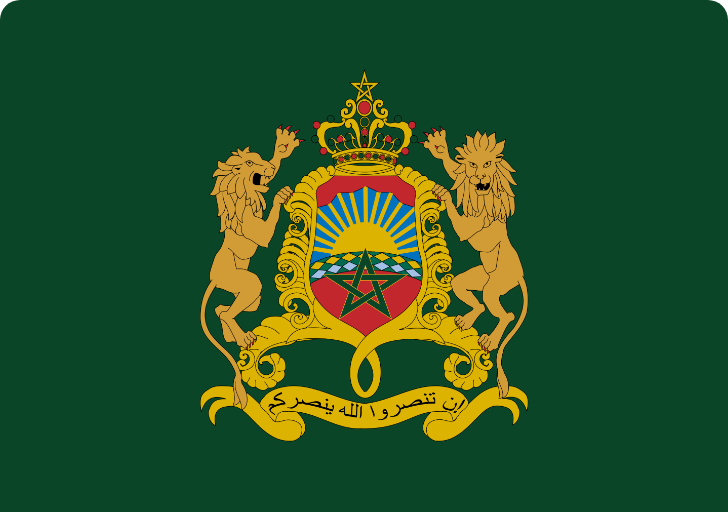Full Text of HM the King's Message to Participants at First World Humanitarian Summit
HM King Mohammed VI addressed a message to the participants at the first World Humanitarian Summit, held on May 23-24 in Istanbul.
Here is the full text of the Royal message:
Praise be to God May peace and blessings be upon the Prophet, His Kith and Kin
Mr. President,
Mr. Secretary-General,
Your Majesties,
Your Excellencies,
Your Highnesses,
Ladies and Gentlemen,
First of all, I should like to express my sincere thanks to His Excellency Mr. Recep Tayyip Erdoğan, President of the sister nation, Turkey, for hosting the first ever World Humanitarian Summit. I commend the United Nations, the regional organizations and the countries that hosted the consultations and preparatory meetings leading up to this summit for their efforts to ensure the success of this conference.
Our meeting today is taking place at a crucial juncture. Indeed, there has been an alarming increase in the number of refugees and displaced persons in the world, not to mention successive, unprecedented waves of people fleeing the scourge of war, the dangers caused by natural disasters and the adverse impacts of climate change or appalling economic conditions in their countries.
To tackle the suffering and tragedies resulting from such situations, attention today should primarily be given to measures that are practical, using a rational approach and adopting proactive, forward-looking proposals that can help promote humanitarian action, without exploitation for political purposes.
Ladies and Gentlemen,
Ever since my accession to the throne of the Kingdom of Morocco, I have keenly sought to make humanitarian work one of the pillars of the Kingdom's foreign policy. I am particularly proud that Morocco has made significant contributions to alleviating the impacts of humanitarian crises wherever they happened, especially in the countries of the South.
Whenever the need arose, Morocco was one of the first countries to provide humanitarian assistance to those affected by natural disasters or armed conflicts, giving food, medicines and tents, and also deploying multi-specialty field hospitals, as was the case in Palestine, Tunisia and the Hashemite Kingdom of Jordan to alleviate the suffering of our Syrian and Libyan brothers and sisters.
In addition to these field operations, Morocco has been involved in mediation and has sought to promote dialogue and cooperation, in addition to participating actively in a number of UN peacekeeping operations.
On the sidelines of this conference, the Kingdom of Morocco has organized an exhibition which highlights its contribution to humanitarian work and to lofty related missions, particularly the work carried out by Moroccan military contingents.
However, the Kingdom’s contributions in the humanitarian field are not limited to emergency aid. In fact, our action in this area is part of a broader approach whereby we seek to alleviate the suffering of vulnerable groups through projects for sustainable development, particularly in sub-Saharan African countries.
This is illustrated, in particular, by various actions carried out within the framework of solidarity-based South-South cooperation programs, which concern, above all, the exchange of expertise and technical know-how, the drilling of wells, the provision of appropriate fertilizers to small farmers and the construction of health clinics in rural areas. Vaccination and healthcare campaigns, especially in Mali, Niger, Guinea, Gabon, the Congo, Senegal and Guinea-Bissau, are also part of these programs
As regards natural disasters and climate change, I would like to stress that Morocco is fully committed to the 2030 Agenda for Sustainable Development and to the Paris Agreement on Climate Change.
As the Kingdom of Morocco prepares to host the 22nd Conference of the Parties to the United Nations Framework Convention on Climate Change (COP 22) in Marrakech next November, I should like to point out how keen we are in Morocco to see the international community demonstrate stronger commitment to tackling the effects of climate change in Africa, particularly in the Sahel and Sahara region.
Ladies and Gentlemen,
When trying to deal with refugee crises around the world, we should avoid the risk of refugees being exploited or denied their most basic rights, including the right to be registered and counted. This is a fundamental procedure stipulated by international humanitarian law to ensure international protection for refugees, assess their needs and ascertain the civilian nature of the camps hosting them.
For this reason, I call for greater efficiency and transparency in the area of humanitarian action, together with verifiable accountability and specific monitoring and evaluation mechanisms. The aim is to make sure refugees - and no one else - benefit from humanitarian aid and to ensure that the aid delivered is not diverted or used for purposes that are damaging to humanitarian action.
Access to humanitarian aid should also be safe and unhindered, in accordance with such longstanding principles of humanitarian action as neutrality, integrity and independence. Humanitarian actors, including medical teams, should also be protected so that the mechanisms of humanitarian action may be consolidated.
May Almighty God assist us in serving all of mankind
Thank you.
Wassalamu alaikum warahmatullah wabarakatuh.
MAP 23 May 2016







